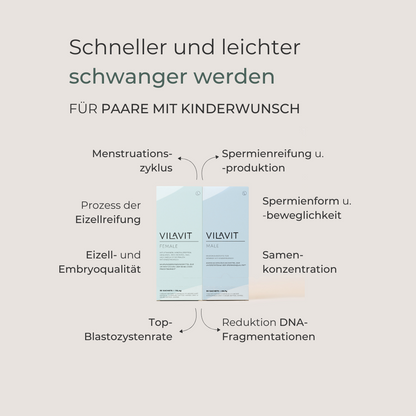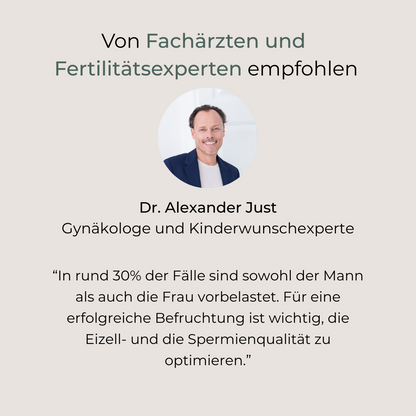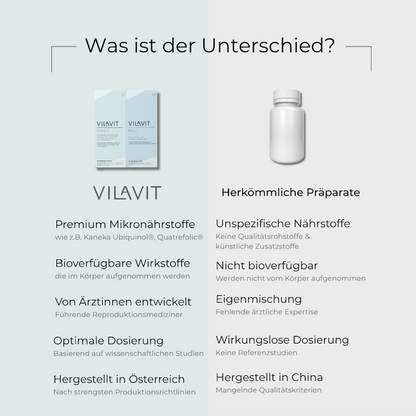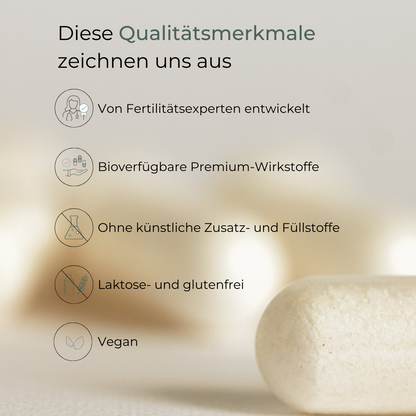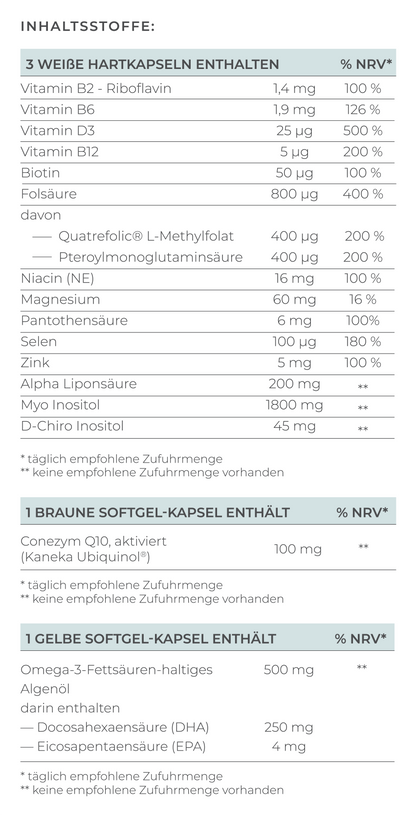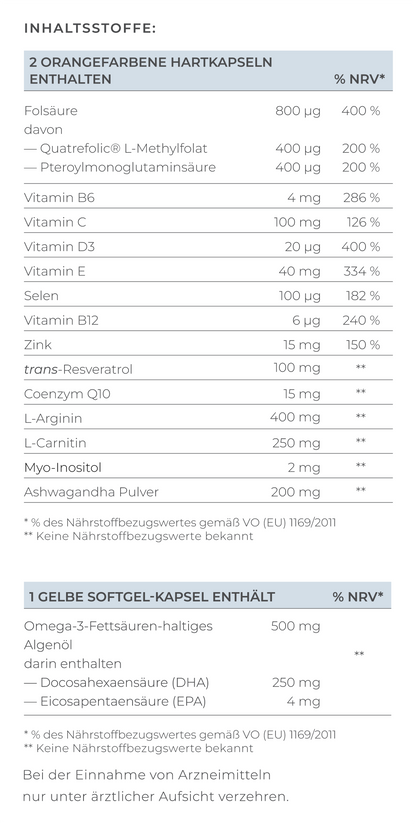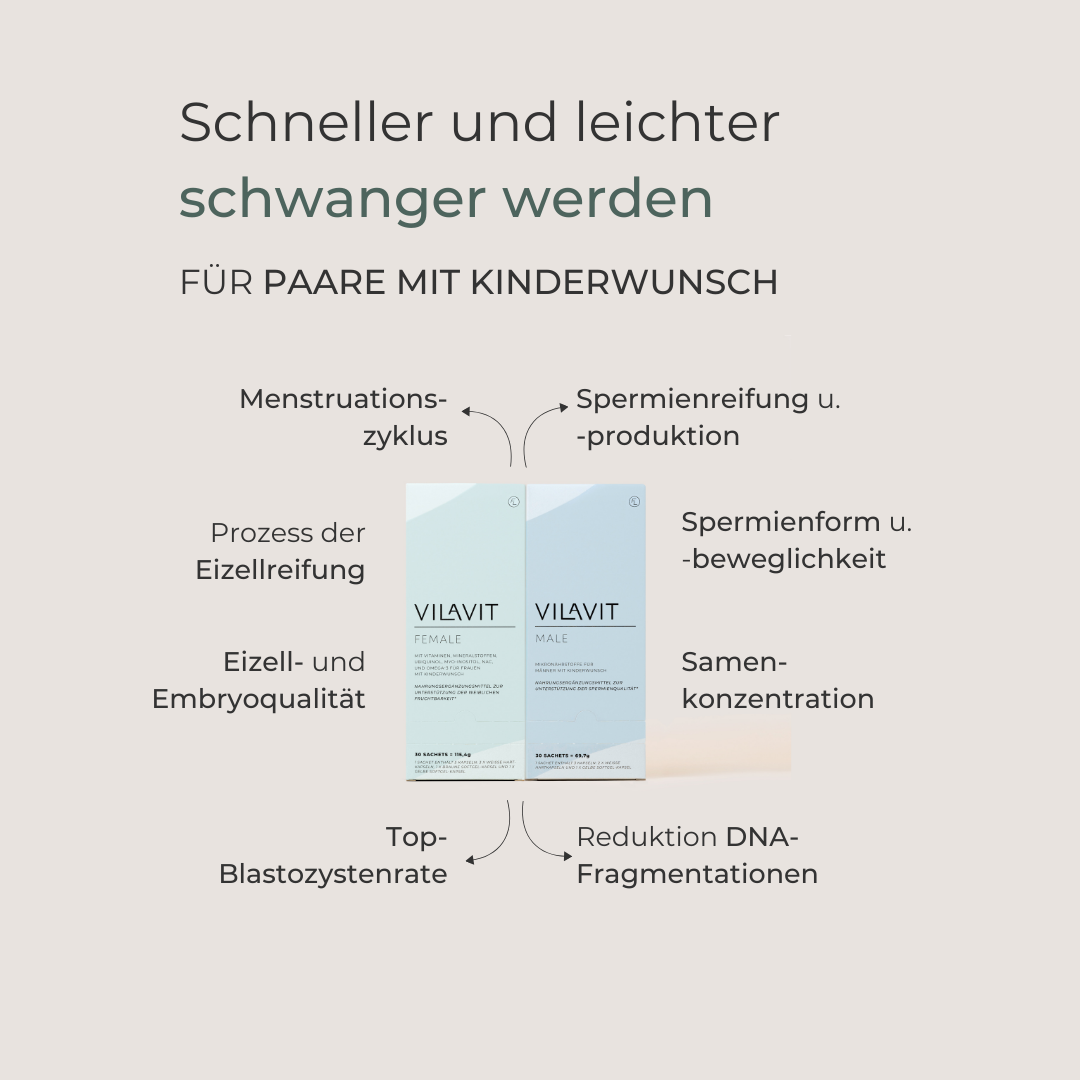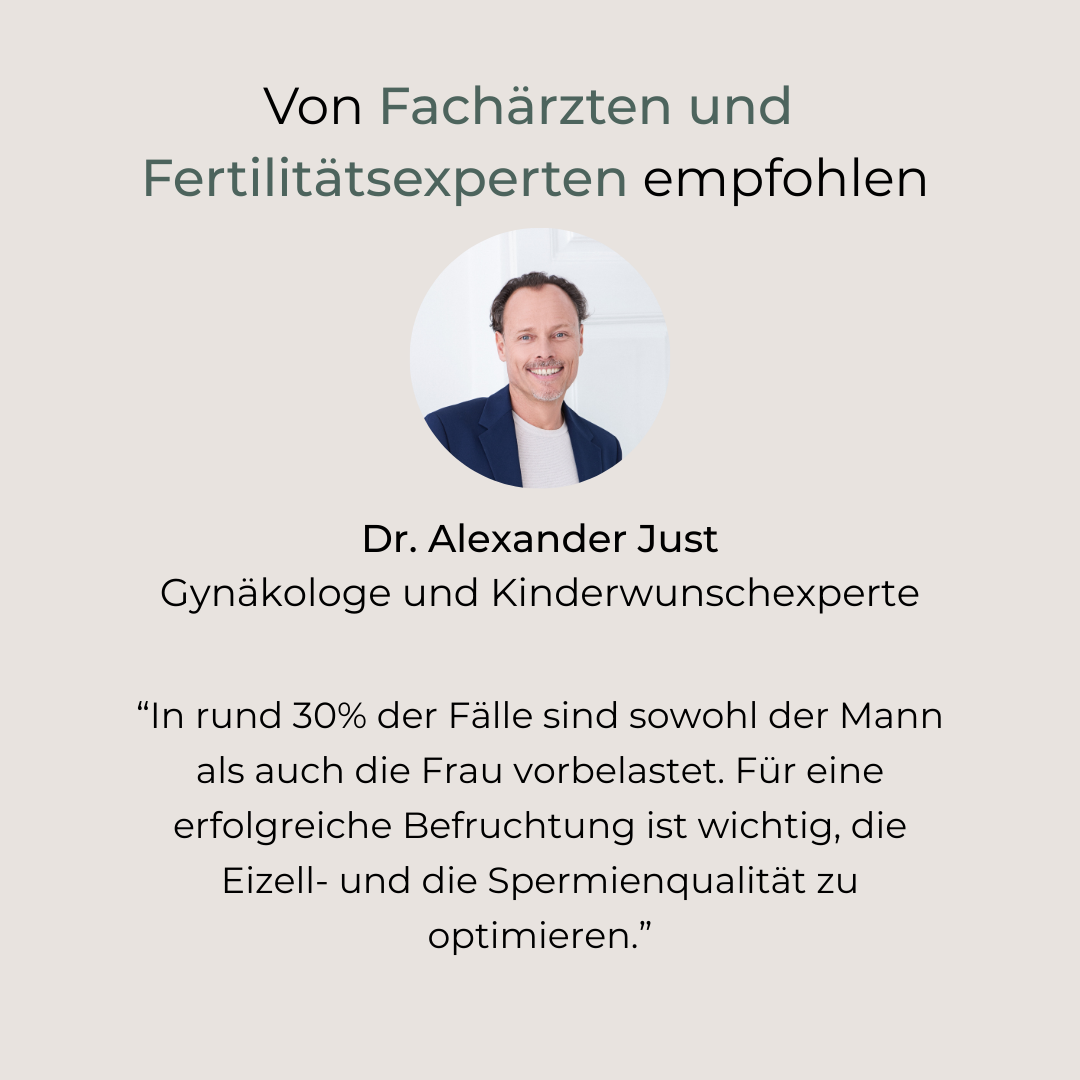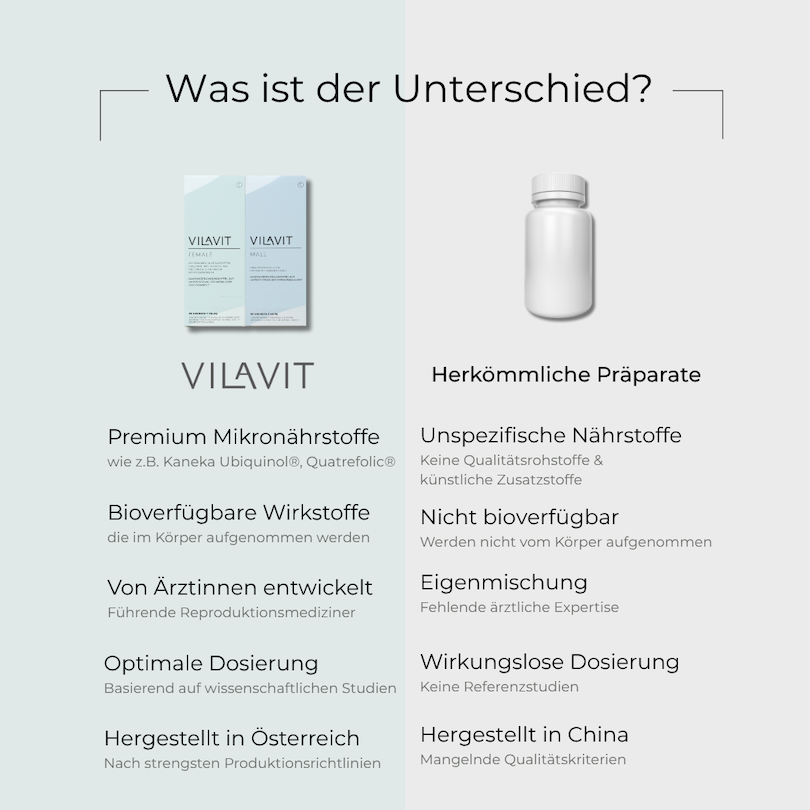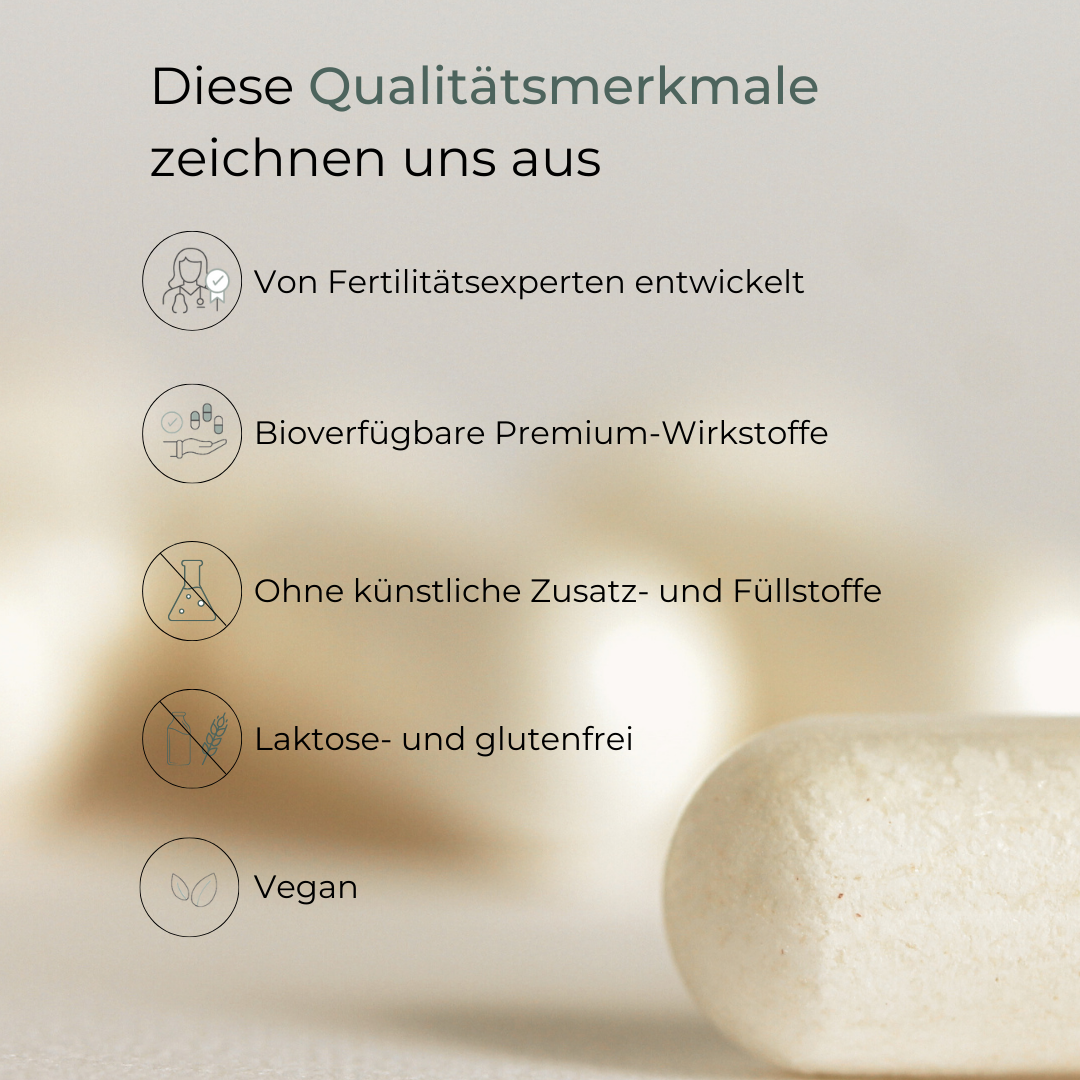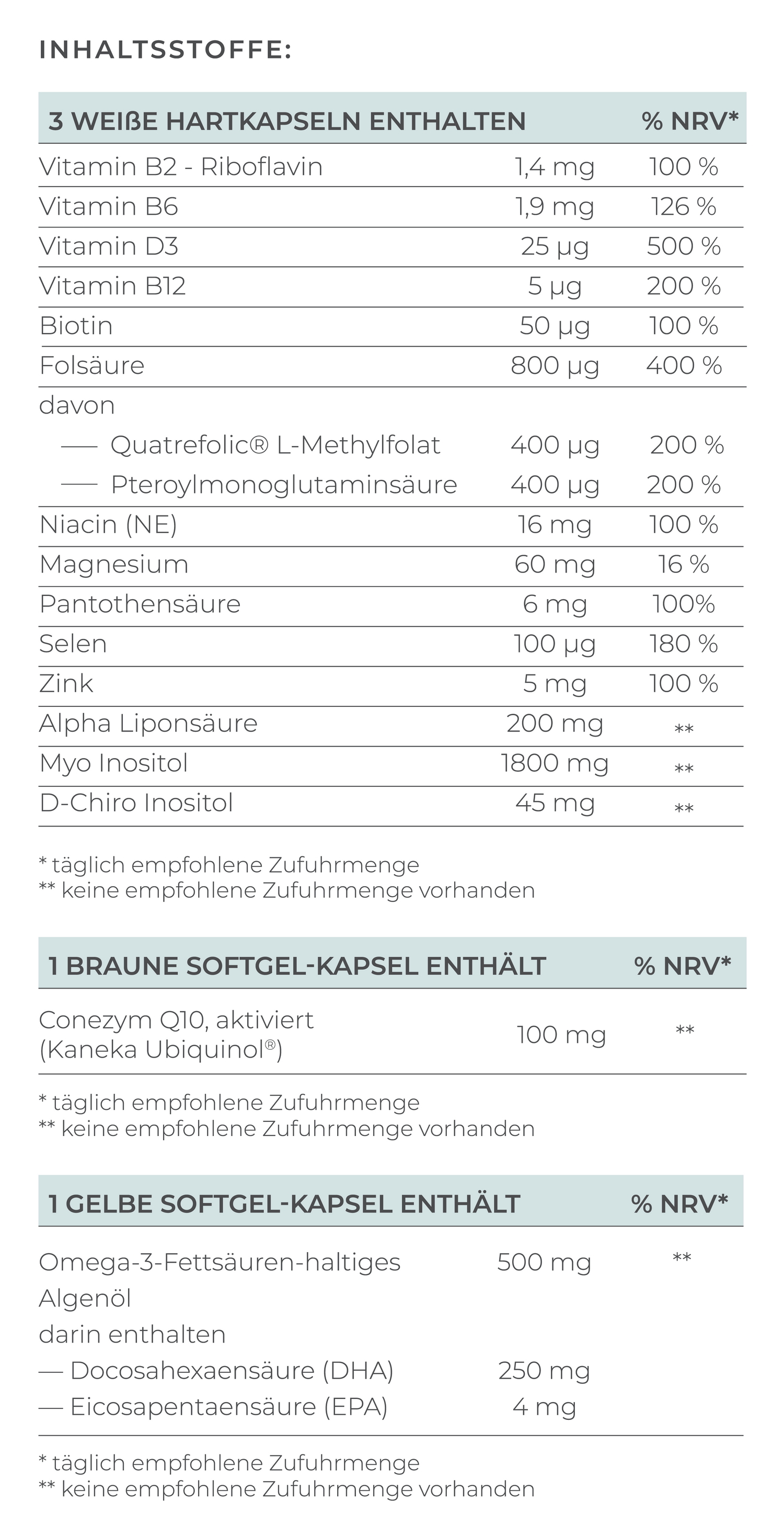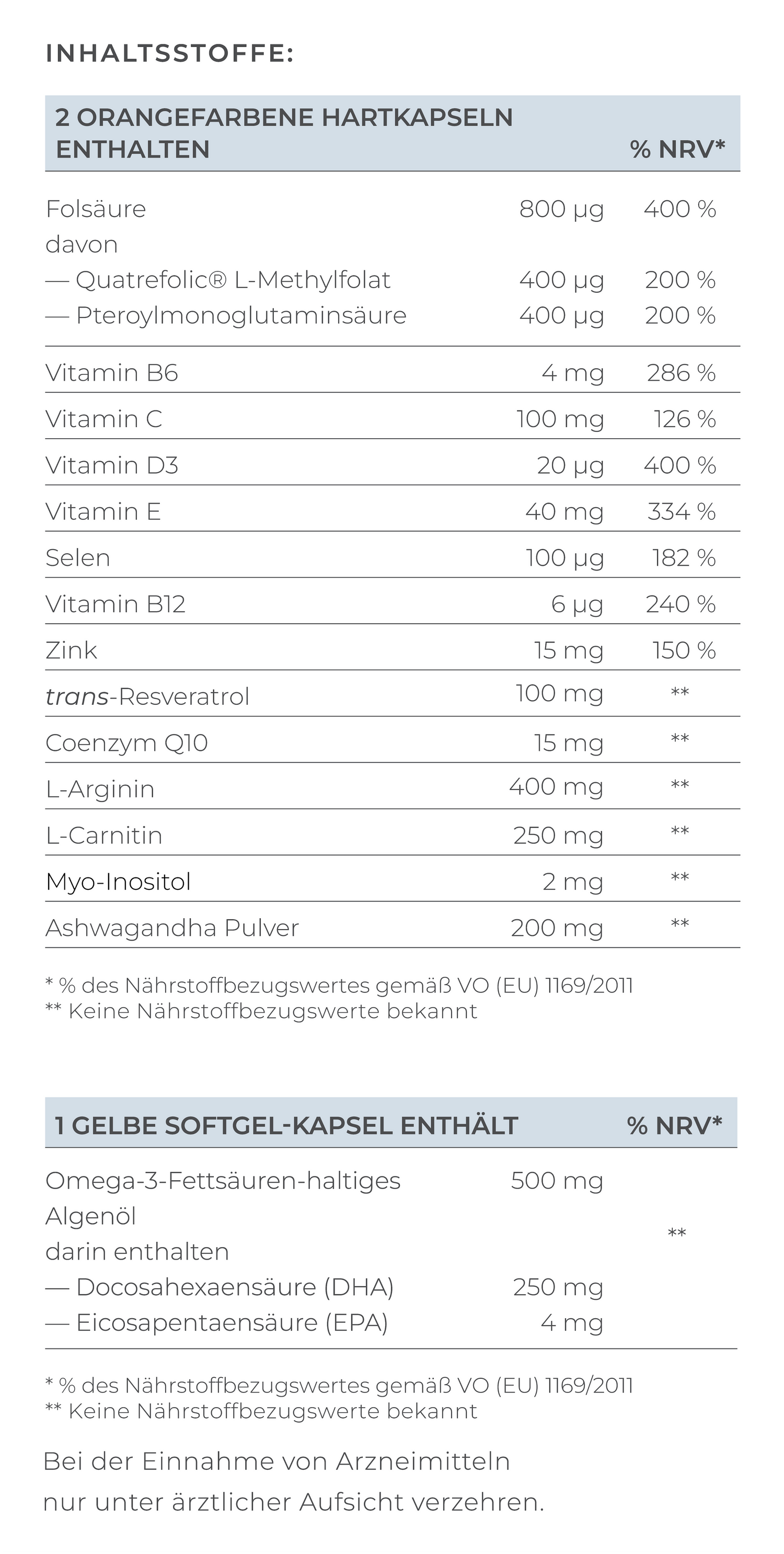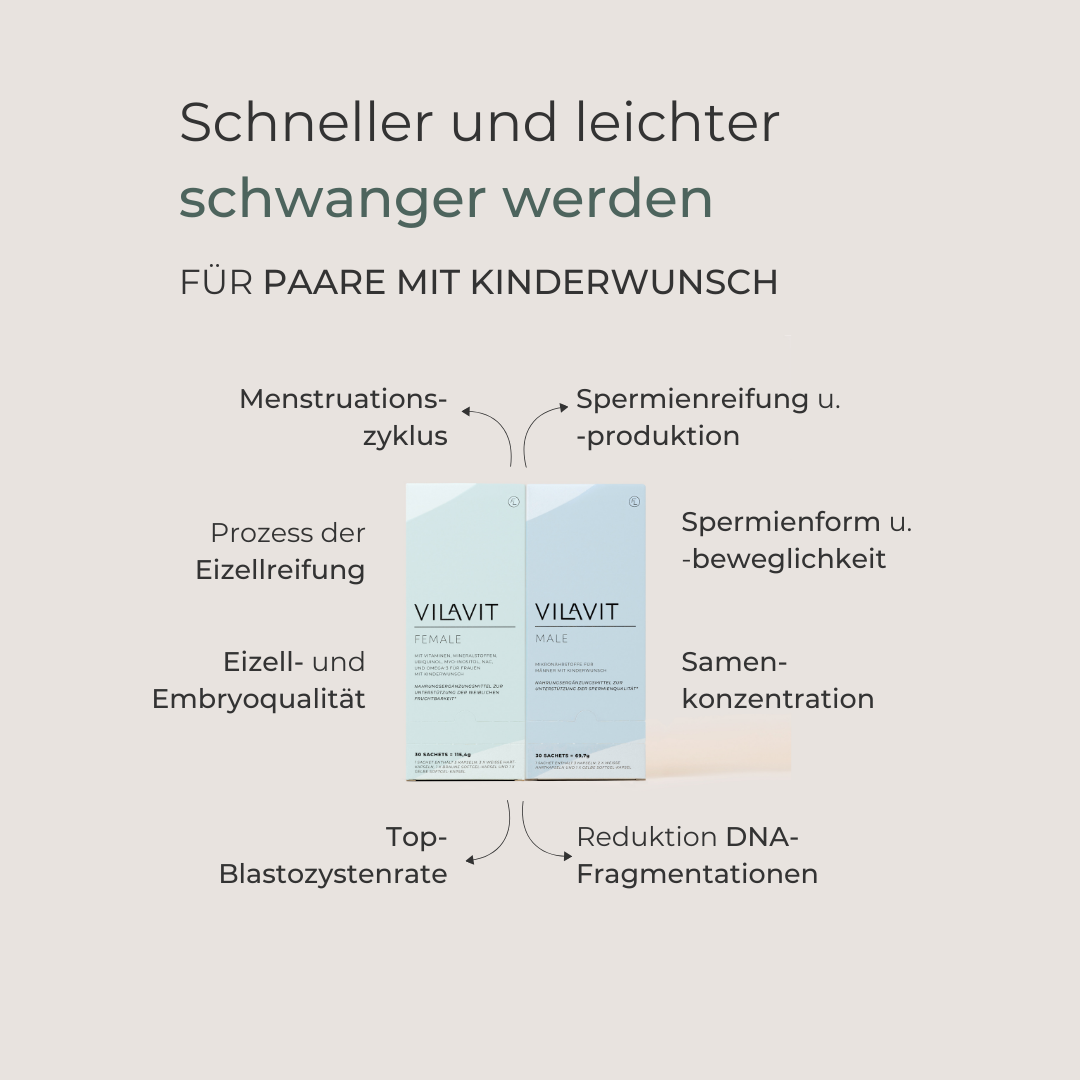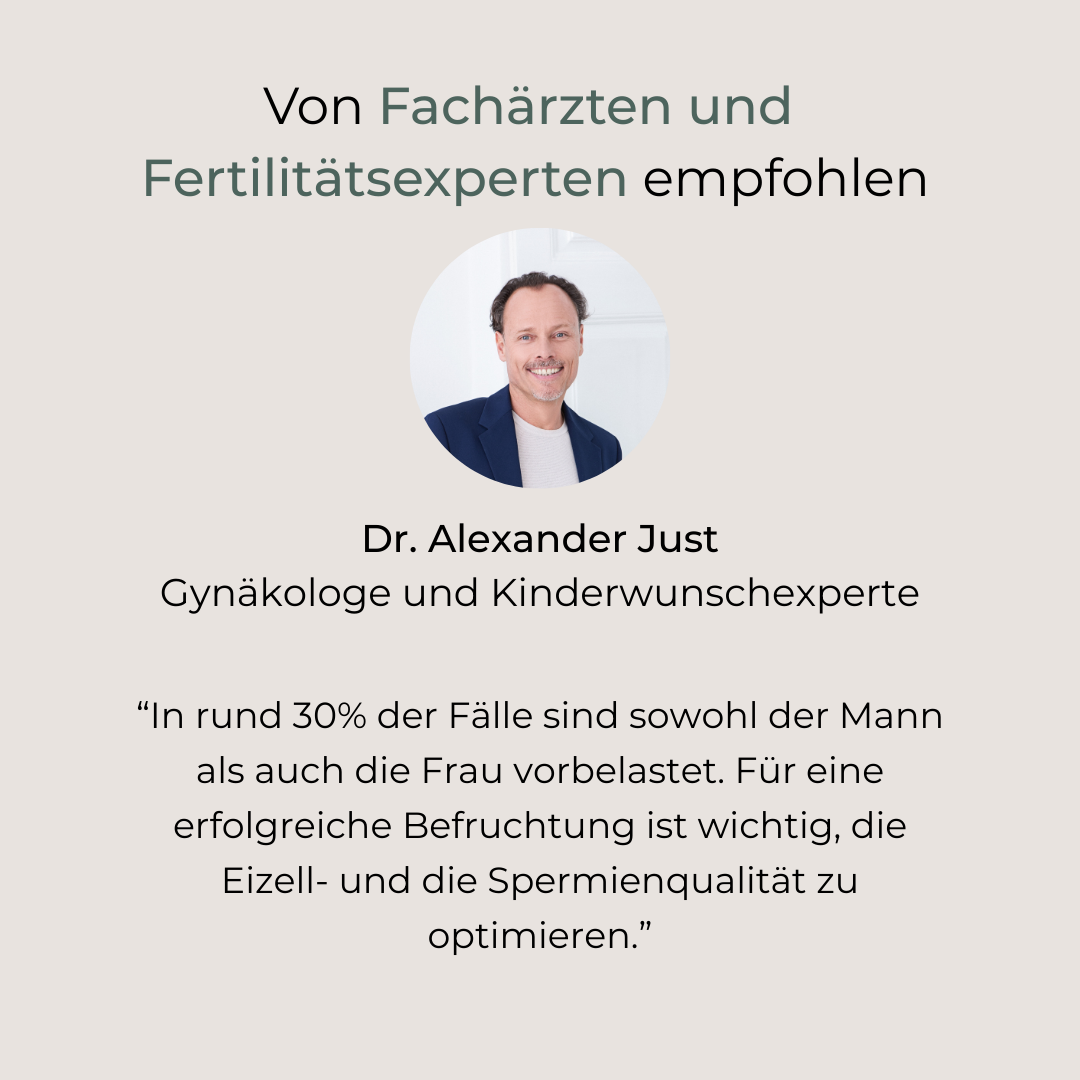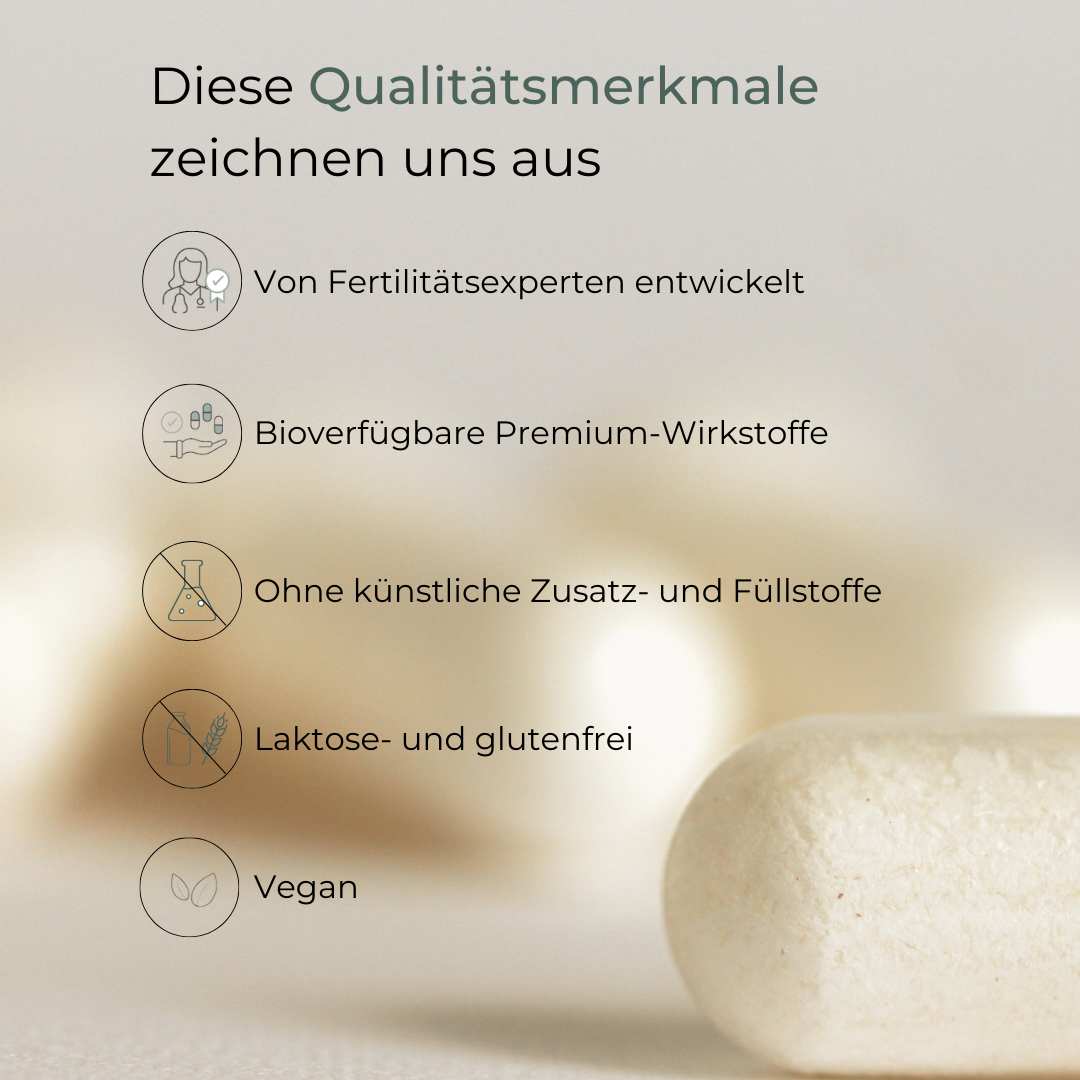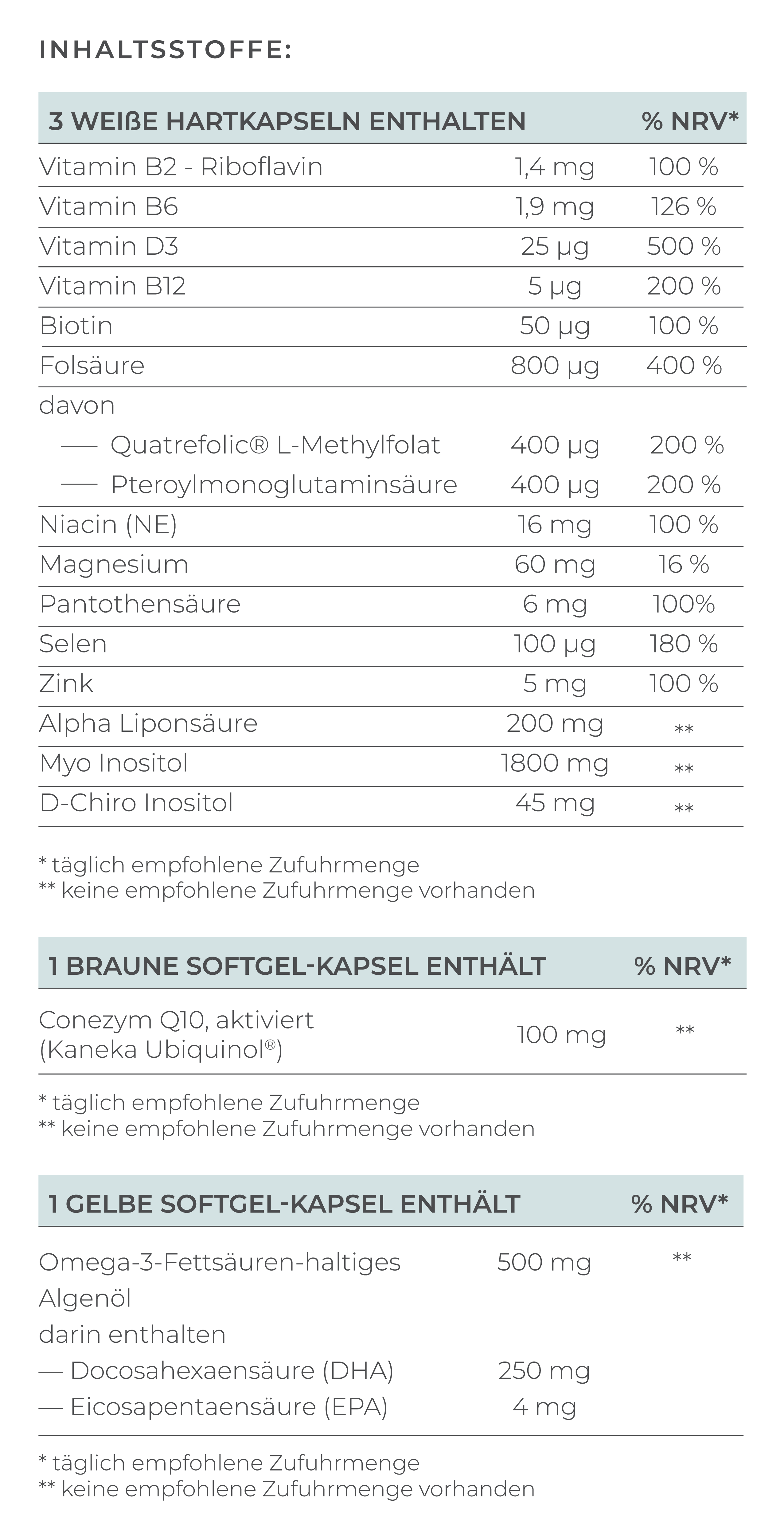Key Points at a Glance
- Women with periodontitis take longer to conceive.
- Gum disease reduces female fertility by 20%.
- Oral health also affects sperm quality.
- Oral health influences the success of IVF treatments.
- Good oral hygiene is crucial for fertility.
Oral Health and Fertility: An Often Overlooked Connection
We often associate oral health with a bright smile and the prevention of cavities. However, research shows that it also plays a crucial role in fertility. There is evidence that chronic inflammation in the mouth not only increases the risk of diseases such as cardiovascular problems or diabetes but also reduces the chances of a successful pregnancy and can even lead to infertility. Additionally, poor oral health may increase the risk of preeclampsia, preterm births, and other pregnancy complications.
Gum Disease and Its Impact on Fertility
In recent years, gum diseases, especially periodontitis, have increasingly been linked to fertility problems. One study showed that women with gum disease take longer to conceive (Hart et al., 2012). Another large study involving about 2,700 participants found that the fertility of women with chronic gum inflammation was reduced by 20% compared to women with healthy gums (J C Bond et al., 2021).
What Is Periodontitis and How Does It Affect Fertility?
Periodontitis is a chronic inflammation of the gums caused by bacterial infections. If the inflammation remains untreated, the infection can enter the bloodstream and affect the entire body. Over time, this can lead to tooth loss. Experts suspect that the systemic inflammatory response may disrupt hormone balance and negatively impact the endometrium, making it harder for the fertilized egg to implant.
Oral Health and Male Fertility
The effects of oral health on male fertility should not be underestimated either. Studies show that men with poor oral health, especially due to periodontitis, may have lower sperm quality (Tao et al., 2021). One study suggests that chronic inflammation caused by gum disease may primarily affect sperm motility (Chidambar et al., 2019). Men with periodontitis showed higher levels of inflammatory markers in their blood, which may lead to oxidative stress and DNA damage in the sperm.
Oral Health and Artificial Insemination
Oral health can be particularly crucial for couples undergoing in vitro fertilization (IVF). A study found that women with periodontitis had a lower success rate with IVF treatments (Pavlatou et al., 2013). The authors attributed this to systemic inflammation triggered by gum disease, which may negatively affect the endometrium.
How Can You Improve Your Oral Health and Fertility?
There is clear evidence that improving oral hygiene can increase the chances of pregnancy. Recommendations include:
- Regular dental visits to prevent and treat gum disease.
- Treating existing gum inflammation.
- Thorough brushing at least twice a day and using dental floss.
- Treating existing gum inflammation.
Healthy gums not only lead to a better smile but can also positively impact fertility in both men and women.
Conclusion
The importance of oral health goes far beyond an aesthetic smile. It influences not only overall health but also fertility. Couples trying to conceive should therefore focus not only on a balanced diet, micronutrients, and a healthy lifestyle but also on oral health. Research shows that good oral care is a simple but vital step to improving the chances of a successful pregnancy.
FAQs
How Can Chronic Gum Inflammation Affect Pregnancy?
Some studies suggest that women with chronic gum inflammation (periodontitis) have a higher risk of preterm birth or preeclampsia, and their newborns are more likely to have a lower birth weight. While these connections have been investigated, the scientific data is not yet conclusive, and further studies are needed to better understand the exact mechanisms and risks.
References





